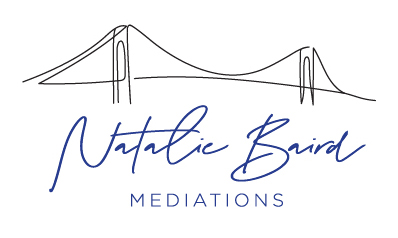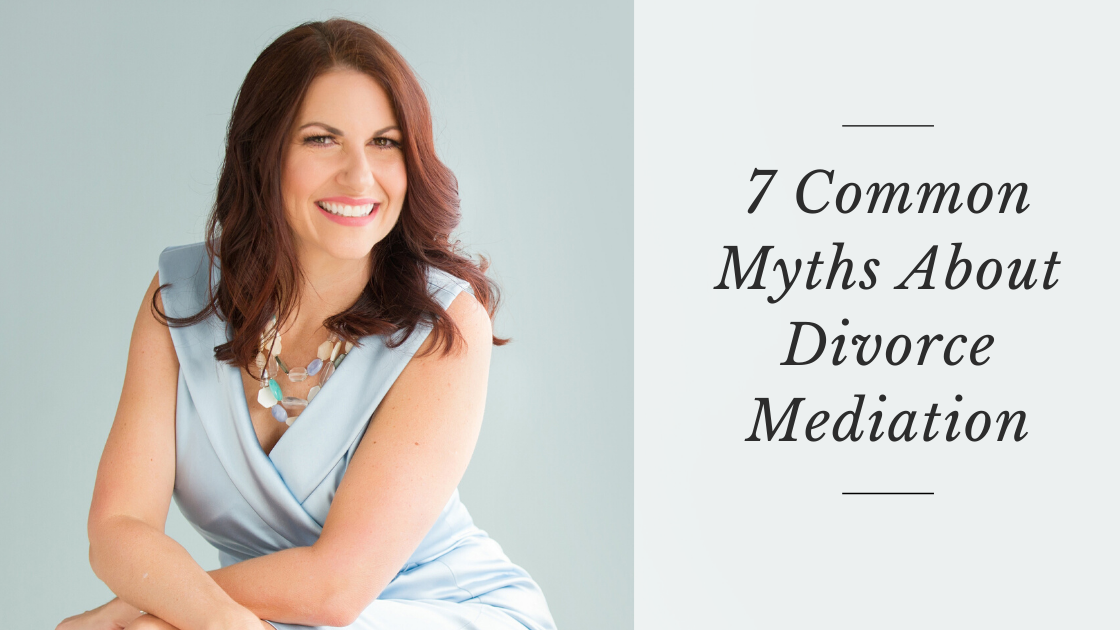7 Common Myths About Divorce Mediation
Couples are increasingly turning to alternatives like divorce mediation and collaborative divorce instead of taking the traditional divorce route.
At this time Natalie is offering mediation services only
1. Mediations have to be amicable.
You might think that a mediation sounds nice – except there’s no way you could do it with your contentious ex. The truth is that not all mediation is amicable. Even if you and your former spouse don’t get along, you can still come to a mutually agreeable solution through mediation.
That’s where the mediator comes in. Their job is to keep conversations productive, maintain focus, and steer both sides towards rational decisions.
2. All mediators are the same.
While it might seem hard to tell a good mediator from a bad one at first, it’s important to recognize that not all mediators will be great ones. In order to find the best one for you, look for a strong understanding of the state’s divorce laws, a relevant degree, law experience, mediation training, reviews from past clients, and certifications. Natalie Baird holds a Supreme Court Certification for Family Law Mediation and is Board Certified in Marital and Family Law, for example.
3. Mediation is couple’s therapy.
Mediation is not a form of couple’s therapy, nor is it only for couples who are looking to reconcile their differences and get back together. A mediator’s job is not to reunite you. Rather, they’re focused on coming up with a fair and workable way to separate for the both of you.
4. In mediation, I’ll settle for less.
It’s been shown that divorcing parties usually end up diving their financial assets along similar lines whether they’re in court of in mediation. That being said, waging an expensive battle in court has no guarantee of getting you more in the settlement.
5. Mediation is always the best choice.
While mediation can be a great route for many couples, it is certainly not for everyone. It may not be the appropriate choice when there is abuse involved, when rational judgment is impaired, or when a spouse is hiding assets. In these cases, a traditional divorce may fare better. When mediation is a good choice, however, you can improve the ease of the process with this checklist.
6. The mediator decides what’s fair.
While the mediator is there to assist in coming up with a fair settlement, it is not their job to decide what is fair and what is not. Rather, that’s up to the former couple.
7. Mediation means you waive your right to go to court.
In no way do you give up your rights when you choose mediation. If things don’t work out the way you intended, you will always be free to move to a traditional divorce route and go to court.
Mediation: The Truth on this Divorce Alternative
If mediation still seems like a viable option for your divorce after clearing up these misconceptions, give Natalie Baird Mediation & Collaborative Divorce a call at 813.440.9975 or go online to schedule a mediation appointment with one of our team members.

